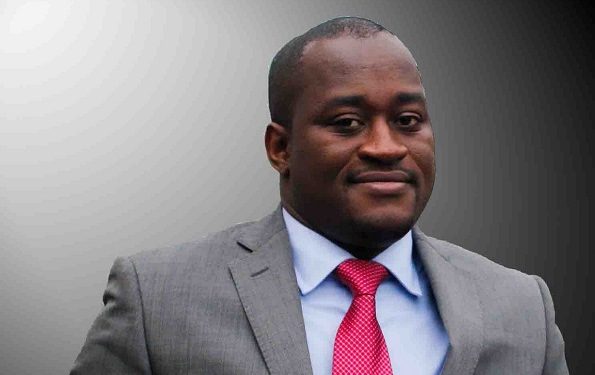24-Hour Economy Initiative Holds Promise for Ghana’s Economic Transformation – Dr Theo Acheampong
Economist and Political Risk Analyst, Dr Theo Acheampong, has described Ghana’s 24-Hour Economy initiative as a potentially transformational programme capable of addressing long-standing structural weaknesses in the Ghanaian economy.
Speaking during a NorvanReports and Economic Governance Platform (EGP) X Space discussion themed “Beyond the Slogans: Will the 24-Hour Economy Fix Ghana’s Broken Systems?”, Dr Acheampong affirmed that the initiative, if implemented effectively, could stimulate productivity, diversify the economy, and create jobs.
“I would absolutely say yes to the issue of what this does at the macro level,” he remarked, highlighting Ghana’s overdependence on a narrow range of exports – gold, oil, and cocoa – which exposes the economy to external shocks and hampers sustainable growth.
Dr Acheampong lamented the country’s historical failure to move beyond exporting raw materials with limited value addition. He noted that this structural imbalance results in minimal job creation, particularly within enclave sectors such as oil and gold.
“Everybody sort of knows this,” he said, referencing decades of unfulfilled attempts at economic transformation—from post-independence development plans to more recent initiatives like Vision 2020, the Presidential Special Initiatives, and One District One Factory (1D1F). He added, “The question becomes, what is different this time around?”
According to Dr Acheampong, what sets the 24-Hour Economy initiative apart is its transition from mere policy pronouncements to a structured programme with clearly defined inputs, outputs, outcomes, and intended impacts.
“This particular document does more than identify the problems, and it lays out cross-cutting interventions to address them,” he stated.
He cited the inclusion of “Make 24,” a key component of the programme focused on manufacturing, which outlines five strategic value chains: agribusiness, pharmaceuticals, textiles and garments, machinery and tools, and construction materials. These, he noted, are sectors where Ghana possesses comparative advantages that remain largely untapped.
Dr Acheampong emphasised that the initiative’s strength lies in its end-to-end design, asserting that “it connects interventions in a coherent manner.” However, he was quick to caution that execution remains the critical test of the programme’s success.
“In Ghana, we are not shy of putting beautiful documents together,” he said. “But it always comes down to execution—ensuring that resources are committed and progress is tracked.”
He further explained the distinction between policy and programme: “People need to understand the difference. The policy sets the intent, but the programme is what allows us to put resources behind it and track results.”
Dr Acheampong concluded that the 24-Hour Economy initiative, if implemented with the discipline and resources required, could serve as a vital tool in boosting productivity, accelerating economic growth, and addressing unemployment.








